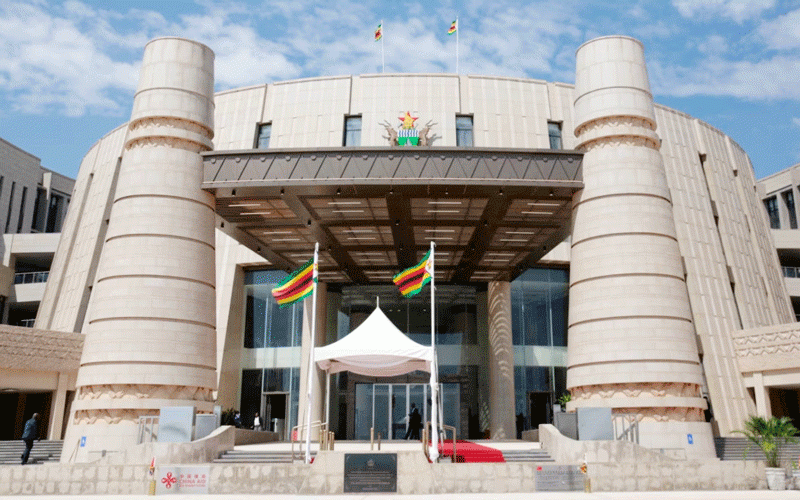
For a start, it is very wrong to compare Winky D’s music to that of Mapfumo and Oliver Mtukudzi as the artists sing different genres. It is like comparing British rock band the Beatles and another British boy act Musical Youth.
Besides living and recording in different eras, the Fab Four was founded in 1960 in Liverpool and it changed the way people listened to popular music and experienced its role in their lives.
From what began as the Beatlemania fad, the group grew to be perceived by their young fans across the industrialised world as the representatives, even the embodiment of ideals associated with cultural transformation.
Who cannot remember The Beatles’ popular hits such Strawberry Fields Forever and Let it be, which most youths only got to know now after they had been remixed?
Then in the 80’s came another popular British act but singing reggae — Musical Youth. They can be best remembered for their successful 1982 Grammy-nominated single, Pass the Dutchie. The group featured two sets of brothers, Kelvin and Michael Grant, plus Junior and Patrick Waite.
The latter pair’s father, Frederick Waite, was a former member of Jamaican group The Techniques, and sang lead with Junior at the start of the group’s career in the late 1970s. They received a Grammy Award nomination for Best New Artist at the Grammys of 1984.
The Beatles and Musical Youth are part of the popular entertainment culture though singing different genres.
Winky D is a dancehall and reggae artist and Mukanya is a chimurenga musician — a genre popularised by him, while Mtukudzi sings what he calls Tuku music with a jazzy feel. There is nothing called Zimbabwean music as each artist has gone on to put a tag to his music with Sulumani Chimbetu, who is also riding high, calling his music Dendera which was popularised by his late father Simon Chimbetu, who started as the Marxist brothers in the 80’s with the late Naison Chimbetu before officially splitting in 1988.
- Chamisa under fire over US$120K donation
- Mavhunga puts DeMbare into Chibuku quarterfinals
- Pension funds bet on Cabora Bassa oilfields
- Councils defy govt fire tender directive
Keep Reading
The same culture has been embraced by their children with Tryson and Sulu singing Dendera and spotting the English cut which was also made popular by their father.
Winky D is part of the popular entertainment culture and as long as he can compose lyrics that fit with events of the day, people will take time to listen. He will continue to get airplay as long as he continues to unleash music that people can identify with.
Winky D will continue to record commercial success in staging shows if he continues composing like he had done in the past years.
Most people have fallen in love with witty lyrics like Musarova Bigman and Officer (Mujagwa).
Fans have taken time to listen to Officer, a witty narration of some of the dumbest questions police officers often ask. Most people will agree that they have come across light humoured lyrics in songs like Controversy and Igofigo but have not had the chance to listen to the hard-hitting lyrics in Green like mi Garden and Thieving pastor.
Winky D is not the first Zimbabwean to try his hand at dancehall but the only difference is that he is enjoying success.
It started in the early eighties with artists such as the late Culture T, Major E and Yappy Banton, who ironically featured on Thomas Mapfumo’s Let People Sing doing chants.
Winky D’s most famous concept, Maninja encourages ghetto youths and poor people to live beyond the thinkable, to defy the poor’s normative societal standards they are always associated with.
“The compelling potent power of expression through poverty biting and poverty protesting lyrics are imbued with irresistible legitimacy and authority which to most people is self-assertion vital to the meaningful struggle for the elevation of social standards of the ghetto people and a gateway out of suffering and ignominy,” Winky D said in his biography.
Then there is the argument that he will not make it abroad as long as he continues singing in Shona. They have been several dancehall artists such as German artist Boone Chatta, who made it singing in their languages as they can rhyme to the riddim (rhythm).











